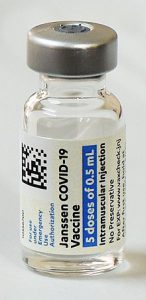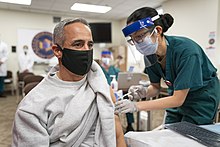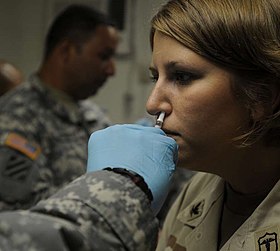
To control the global pandemic of COVID-19, US government has decided to donate 17 million doses of single-shot COVID-19 vaccine to African countries. The vaccine has been manufactured by the reputed company Johnson & Johnson.
Under the COVAX program, the US government would be providing to African countries these doses of COVID-19 vaccine. Gavi, the Vaccine Alliance of the WHO would be supervising this massive initiative of the US government. Furthermore, the US government has committed to donate about 50 million doses of the vaccine produced by Johnson & Johnson company.
Through the COVAX program of the WHO, the vaccines would be disbursed to people living in 40 countries spread across four continents. Currently, approximately 25 million doses of the vaccine have already been shipped internationally.
The corporate leadership of Johnson & Johnson has endorsed this initiative, reflecting on the need for life-saving doses of COVID-19 in poorer countries that need the most of medications in the pandemic. The US government has shown strong leadership skills in promising to donate so many million doses of the single-shot vaccine.
The company leaders have promised to accelerate the disbursement of vaccine on a global scale. The end of the pandemic may soon be possible with these positive strategies. The African Vaccine Acquisition Trust (AVAT) would be assisting the donation drive of the US government.
The trust is working independently in procuring more vaccines of COVID-19 for the African Union of countries. The US government’s largesse is evident from the fact that even Johnson & Johnson has promised to 900 million doses of single-shot vaccines by 2022, under the COVAX program.
According to chief scientific officer of Johnson & Johnson company, nobody is immune from contracting COVID-19 until everyone has been vaccinated. Even a single shot vaccine has to be compatible with the standard channels of distribution.
This vaccine is crucial in controlling the COVID-19 pandemic, so the whole world needs a strong vaccination drive to put an end to the pandemic. The US government has selected needy countries for the vaccine donation drive.
Global NGOs like the UNICEF would be assisting WHO in disbursing vaccines through the COVAX program. Logistics and supply chain would be handled by Johnson & Johnson company. The world leaders have promised to reach the vaccine safely to needy countries of this world.


